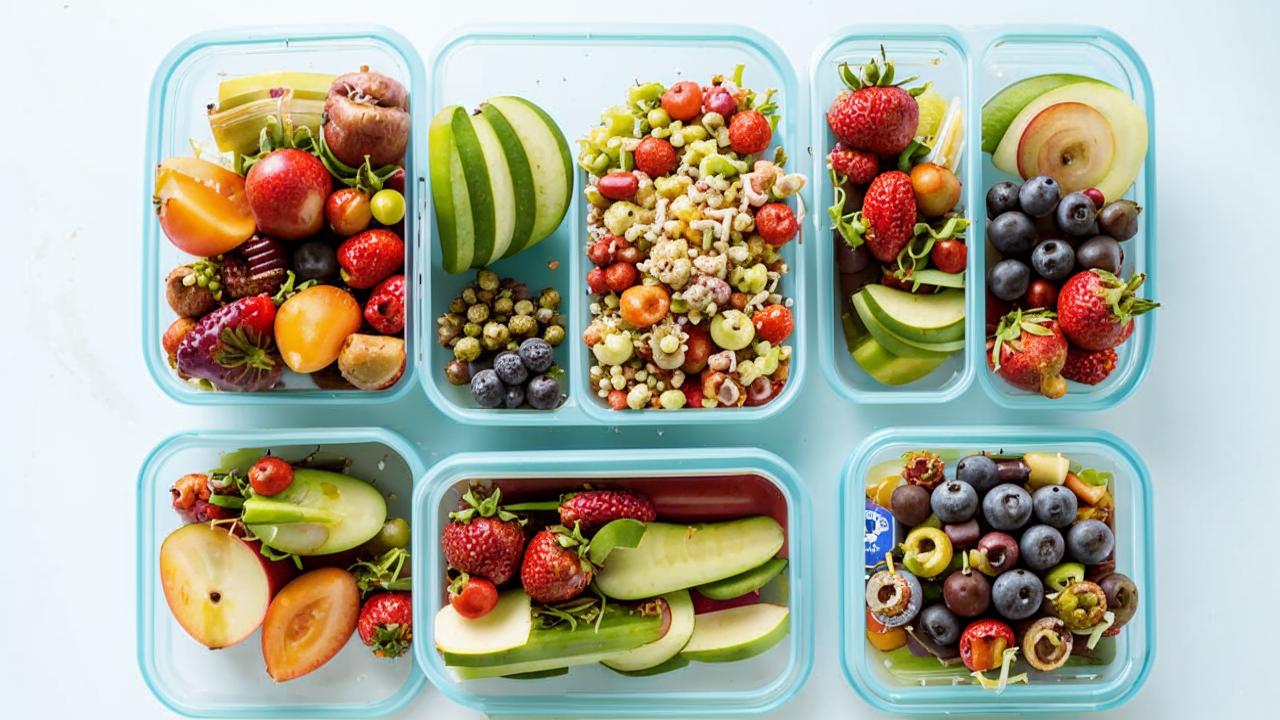You have probably noticed that periodically after a heavy or sometimes very light lunch you feel sleepy. Unfortunately, as scientists report, this problem affects every second inhabitant of our planet. However, there is good news: to defeat drowsiness after eating is possible, you just need to understand the root causes of its occurrence.
There may be several reasons. The most banal is overeating. Do not forget that in the very foundation of the concept of good nutrition is the message that you need to get up from the table with a sense of light hunger. The second, simplest, and radically opposite reason is that too few nutrients enter your body along with the food, which does not allow your brain to function fully. Thus, the body goes into an “energy-saving” mode. This is why nutritionists advise eating frequent and small meals. Try to exclude from your diet “empty” products, such as, for example: fat-free (0%) cottage cheese or milk.

Areyou sure that everything in your diet is right, but you still want to sleep after every meal? You’ve probably heard that our brain feeds on sugar and therefore sugar should be consumed in difficult situations for the brain (exam, report, public speaking). However, such “refueling” not only does not help the brain, but even causes drowsiness and decline of energy.

In fact, when a person eats something sweet, his blood glucose level jumps sharply and he quickly begins to feel a surge of energy. But immediately in response to a large dose of sugar, the body produces insulin, which removes glucose from the blood and distributes it to the cells … And now the glucose level, which has jumped up to heaven, falls, as a rule, even below the initial level. Hence the drowsiness.
This absolutely normal reaction of the body is due to the fact that the brain does not need glucose in large quantities. It needs it in small amounts and regularly. This can provide the so-called slow carbohydrates (porridge, grain bread, pasta from durum wheat), but never sweets.
Top 5 tips. “What to do to gradually reduce sugar levels in your diet?”
Avoid eating sweets when you want to feel alert and energetic.
Reduce the amount of sugar per meal (try putting one and a half spoons in your tea instead of two and gradually reduce the dosage);
Increase the time from one sweet intake to the next;
Eat it in small amounts only after a meal (preferably after an easily digestible protein meal – dairy products or an omelet);
Find on the Internet a table with the glycemic index of foods (how much natural sugar is contained in foods) and take it into account when preparing your diet for the week.






